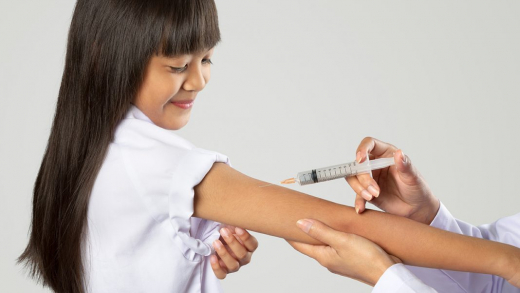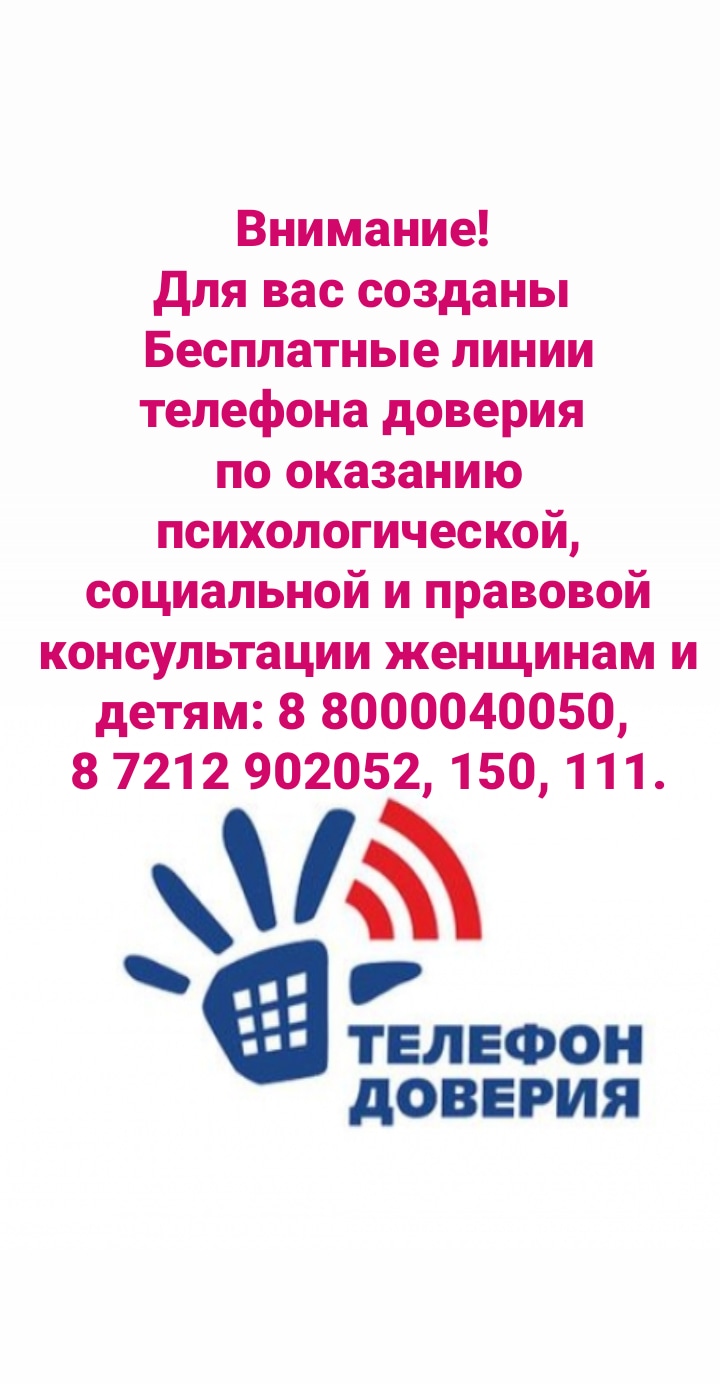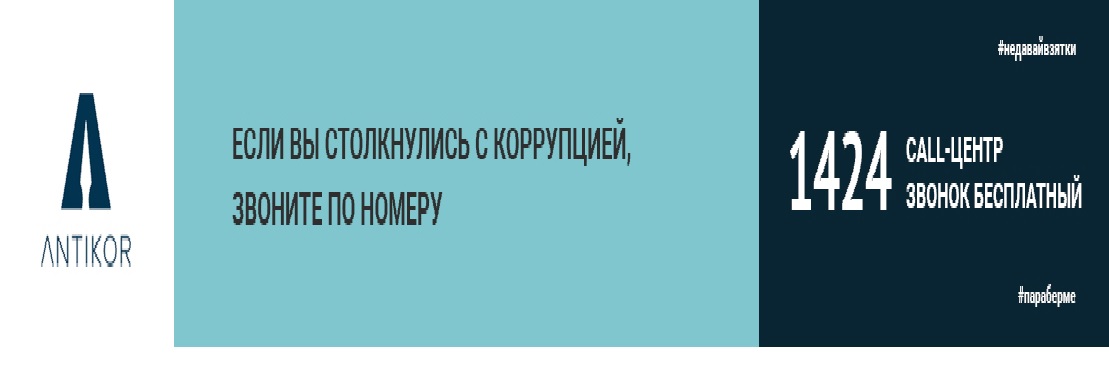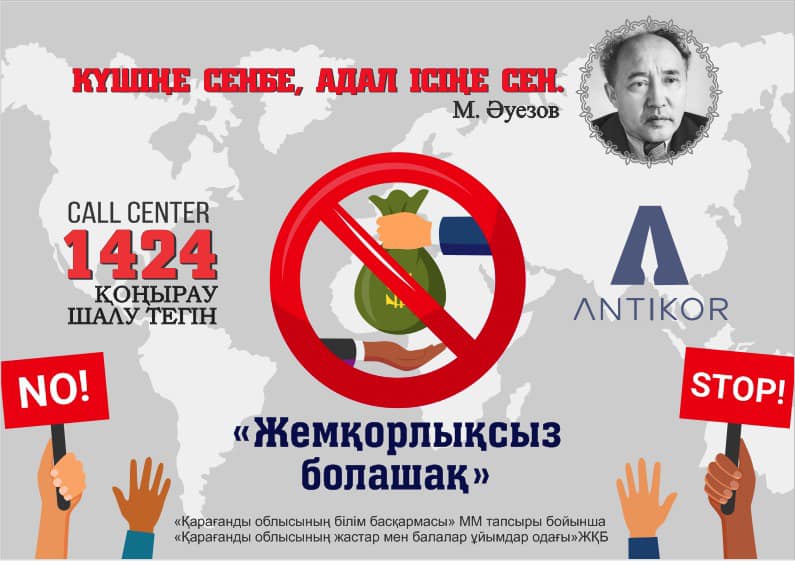Vaccinations at school. What do you need to know?

Vaccinations at school. What do you need to know?
The school year has begun. At the ruler or classroom, school staff reminded parents of the required vaccinations, which are here at the school first-aid post and will be delivered to the children. Of course, with the written permission of the parents. What vaccinations at the school are given to students of different ages, what does the reddened Mantoux test mean, and also in which cases medical attention is possible.
What does the law say?
According to the section “Vaccinations for Adults and Children in Kazakhstan” on the egov.kz e-government website, all compulsory vaccinations intended for specific groups of the population (these include school vaccinations - from the bus) are provided free of charge from the local and republican budgets. Schoolchildren receive routine vaccinations against infectious and parasitic diseases as “persons by age in accordance with the established dates for preventive vaccinations” (according to the vaccination calendar). Also, according to this provision, children registered in a medical institution, as well as children from orphanages and children's homes, are vaccinated against flu for free. Children are vaccinated with domestic and foreign vaccines. The main requirement for any vaccine is the availability of registration and a certificate from the National Center for Expertise of Medicines, Medical Devices and Medical Equipment. Vaccinations are recommended in specialized offices of medical institutions, since vaccines require certain storage rules. Different vaccines can have various side effects and complications. Reactions quite often are found, such as a moderate increase in temperature, pain at the injection site. In children, prolonged crying, loss of appetite are often observed. It is advisable that after vaccination the child remains under observation for at least 30 minutes in order to quickly receive medical attention if he develops, for example, an allergic reaction. Do not worry if, after the administration of the vaccine against pertussis, diphtheria and tetanus, the child's temperature jumps. This means that the drug is acting. Vaccinations are given with the consent of the parents or those who replace them. Information about all vaccinations received must be entered in the outpatient card or vaccination passport of the child. Subsequently, an outpatient card or vaccination passport is presented when a child is enrolled in a kindergarten or school. Each educational institution has its own admission rules: somewhere, having a vaccination passport is a mandatory requirement, while in others it is not necessary to provide it. But in some cases, the lack of an outpatient card and vaccination records becomes a reason for refusing to accept your child to school or kindergarten. All preventive vaccinations carried out are subject to registration by a medical professional and must contain the following information: drug administration date, drug name, batch number, dose, control number, expiration date, nature of the reaction to drug administration, country of origin. In addition to outpatient cards or a vaccination passport, vaccination data can be contained in the following documents (the list is relevant for children): ● preventive vaccination card (form 063 / y); ● child development history (form 112 / y); ● a child’s medical record (form 026 / y); ● an insert sheet for a teenager on an outpatient medical record (form 025-1 / y); ● a register of preventive vaccinations for newborns (maternity hospital); ● form 064-1 / y, vaccine movement log (form 064-2 / y).
What does the pediatrician say? At the end of the school year, 1,050 children were enrolled in this educational institution; in the new school year, the number of students usually grows slightly. On September 1, we, the school’s doctor and nurse, take part in parental meetings, where we talk about the importance of screening, prevention, medical examination, recovery and, of course, vaccinations. The emergence of school doctors allows for more careful prevention and detection of diseases in the early stages. Having received the written permission of the parents, we will conduct an examination of schoolchildren in the school medical office - all, from the 1st to the 11th grade. If there is a refusal, then we explain the consequences of refusing vaccination. Forced or forced to do, we do not have the right. Medical drainage is also possible. In my memory, this was once, in a child with diabetes. At the time of vaccination, the child must be healthy. The doctor examines the student and measures the temperature. After the infection, a month should pass for the test. Also contraindications are: skin diseases, allergic conditions in the acute stage and epilepsy. Pupils of grades 1–8 (up to 14 years of age) undergo a Mantoux reaction, when they reach 14 years old, fluorography is performed. The Mantoux test is an immunological test for the presence of a tuberculosis infection in the body (a chronic bacterial infection that causes the greatest number of deaths worldwide). The test works as follows: tuberculin is injected intradermally; if the body is already familiar with mycobacterium tuberculosis, then





